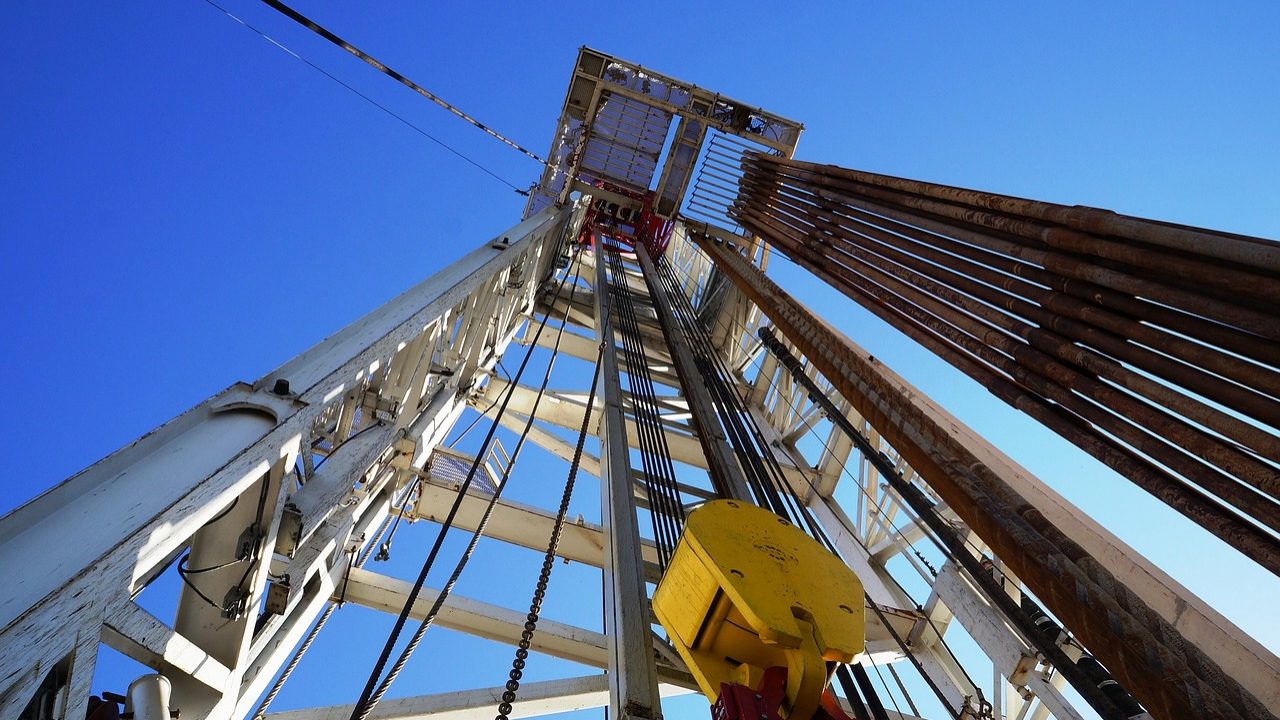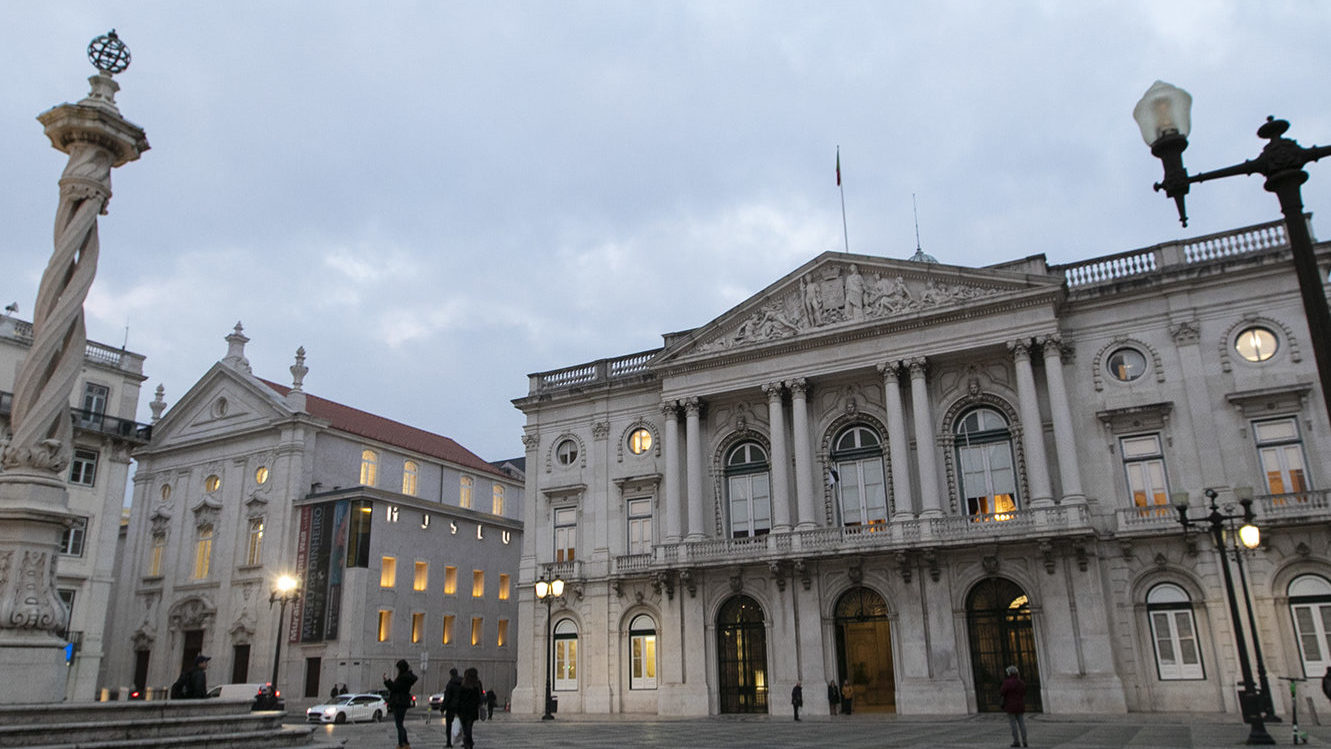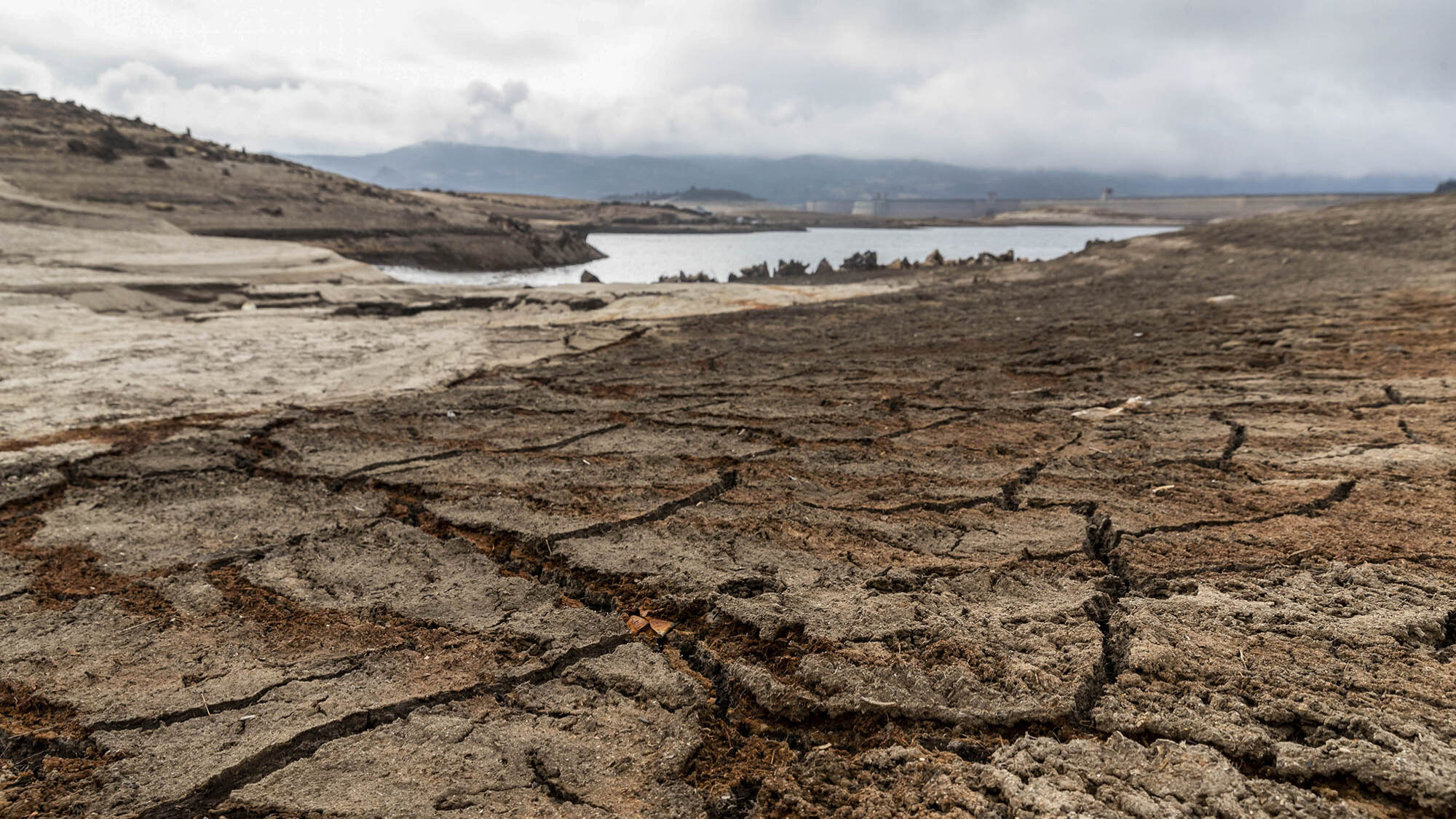Portugal agrees joint response to Russia’s clarification request on Ukraine
The Minister of Foreign Affairs' remark comes after the EU on Wednesday invited Russia to discussions on European security at the Organisation for Security and Cooperation in Europe (OSCE).
The Minister of Foreign Affairs has revealed that a joint response has been agreed to Russia’s letter asking Member States of NATO and the OSCE to make individual statements on the crisis in Ukraine.
The Portuguese leader’s remark comes after the European Union on Wednesday invited Russia to discussions on European security at the Organisation for Security and Cooperation in Europe (OSCE), while calling for an end to the escalating tension with Ukraine.
“We had to agree on positions among ourselves, discuss among ourselves, and we decided that since we are part of the same political entity – the European Union – and those who are part, like Portugal, (…) of the same political-military alliance, NATO, that the response should be joint,” Minister Augusto Santos Silva told Lusa news agency.
Speaking on the sidelines of a joint meeting of EU foreign and health ministers in Lyon, France, the minister said that “there will be a response from the European Union, in which all 27 Member States are involved, and there will be a response from NATO, in which all 30 allies are involved.
On February 3, the Foreign Ministry said it was analysing and would respond to the letter sent by Russia to Member States of NATO and the OSCE in which it asks them to pronounce individually on the crisis in Ukraine.
Russian Foreign Minister Sergei Lavrov has sent letters to NATO and OSCE Member States asking them to disclose what they think about the crisis in Ukraine, regardless of the position of the two organisations.
The EU’s position is expressed in a letter delivered today by the 27 member states to the Russian ambassador in Brussels, to which the French news agency AFP had access, and which is addressed to the head of Russian diplomacy.
Diplomatic sources have indicated to AFP that the invitation for discussions in the OSCE framework is a response on “collective behalf” of the 27 to missives sent by the Russian foreign minister to some of his European counterparts questioning them on their interpretation of the concept of “indivisibility of security”.
According to Moscow, this concept means that the security of each country is inextricably linked to that of others, and that any NATO enlargement to Ukraine or Georgia would therefore threaten Russia’s security.
Although Lavrov had asked for answers “on a national basis and not on behalf of the bloc” – the Kremlin continues to reject discussions with the EU – the 27 then decided to respond on a collective basis, and, again according to AFP, urging Moscow to lower tensions by ending the build-up of military assets on its borders with Ukraine, including on Belarusian soil.
“We remain extremely concerned about the current situation and firmly believe that tensions and disagreements should be resolved through dialogue and democracy,” the 27 indicate.
They add that the EU is ready, together with NATO partners, to “continue the dialogue with Russia on how to enhance security for all”.
The 27 then argue that the OSCE is “the appropriate forum to address the security concerns of all stakeholders, in complement with other existing entities, notably the NATO-Russia Council”.
The West accuses Russia of massing tens of thousands of troops on Ukraine’s border to invade the country again after annexing the Crimean Peninsula in 2014.


